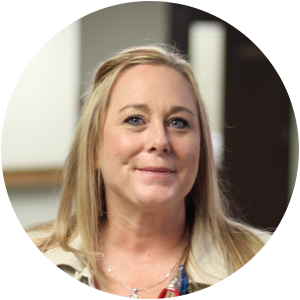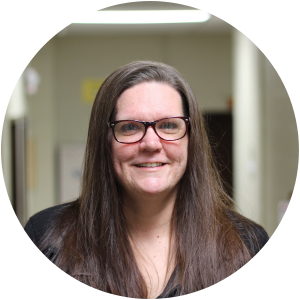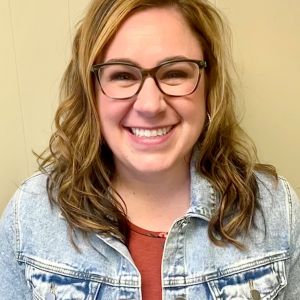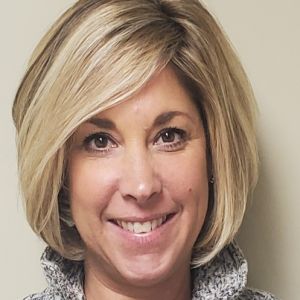Service and Support Administration
Service and Support Administration
What is Service and Support Administration (SSA)?
Service and support administration includes many job duties of a person who works for a County Board of Developmental Disabilities (County Board of DD). In many counties the person who has this job is called a Service and Support Administrator or SSA. In other counties the person has other titles.
What is an SSA?
A service and support administrator (SSA) is a person who works for a County Board of DD and is assigned to you to act as the primary, or main point of coordination for your services and supports. Your SSA is a trouble-shooter, problem-solver and an advocate for you.
Who can receive Service and Support Administration?
If you are a person with a developmental disability, you are eligible to have an SSA and receive service and support administration when:
- You receive Medicaid Waiver services administered by the Ohio Department of Developmental Disabilities (DODD), or
You are age 3 or older and request (ask) to have an SSA, or
You live in an Intermediate Care Facility (nursing home or ICF) and ask for help to move from the facility to the community.
SERVICE AND SUPPORT ADMINISTRATION - Ohio Administrative Code 5123:2-1-11
Service and Support Director
Mathual Campbell
mcampbell@carrollcbdd.org
330-627-6555
.jpg)
Major Unusual Incidents Report Shannan Boone, SSA MUI Contact sboone@carrollcbdd.com 330-627-6555 or 330-432-1156
When an MUI occurs, we provide services that immediately protect the person’s health and safety. An MUI (major unusual incident) is an alleged, suspected or actual occurrence of an incident, when there is reason to believe the health and safety of an individual may be adversely affected and the individual may be placed at a reasonable risk of harm. Unusual Incidents may be events involving a person with a developmental disability that are not consistent with daily operations, care or habilitation of that person. Unusual incidents are anything that is not an MUI, such as medication errors where there is not a reasonable risk of harm, falls, peer-to-peer incidents that are not MUIs, overnight relocations due to natural disasters, fire, mechanical failure and any other identified by the agency provider or the county board. These incidents are handled at the provider level.









